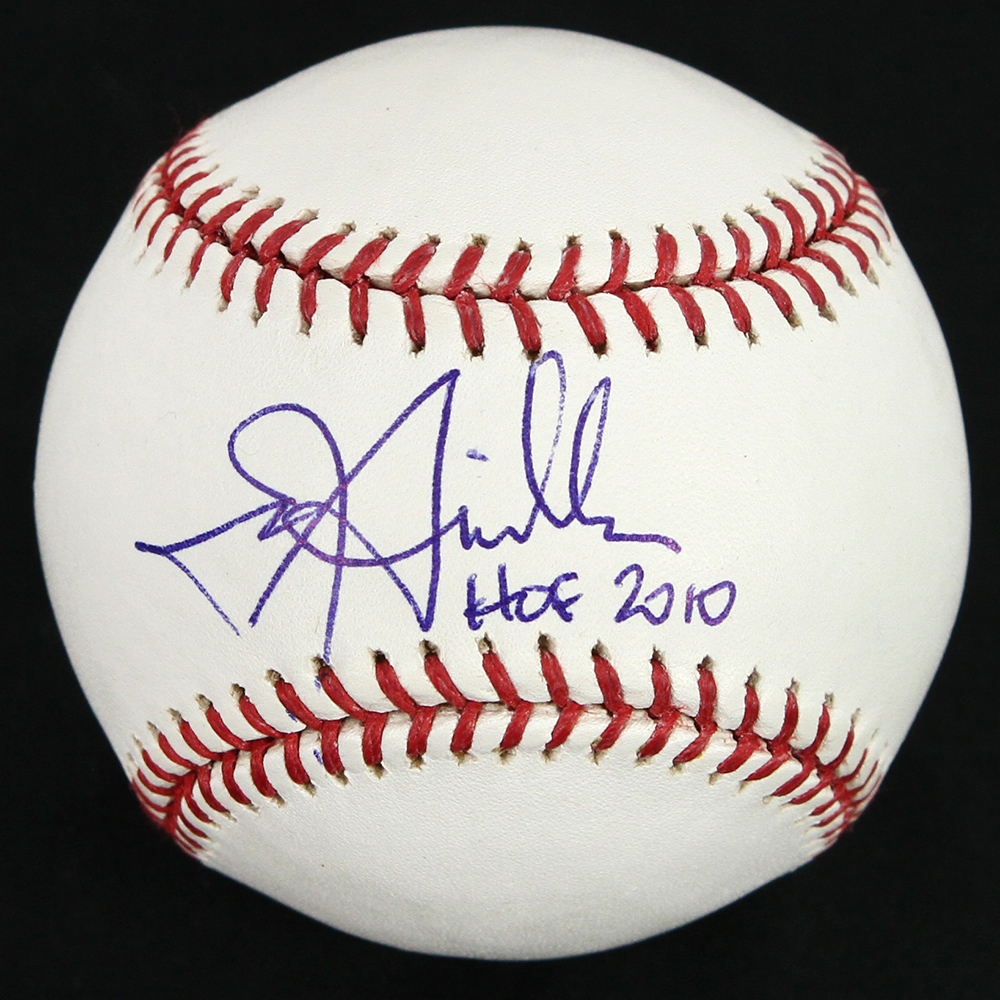

Occasionally he whiffs-as when he suggests that ballparks install 20-second time clocks to keep pitchers hurling at a reasonable pace. The voice of the San Francisco Giants (and formerly the Baltimore Orioles) holds forth on everything from interleague play (it's good for the game but messy) to traveling with Cal Ripken (a game of Strat-O-Matic baseball reveals just how competitive the Iron Man really is).

To wit, here's Ty Cobb in 1925: "The great trouble with baseball today is that most of the players are in the game for the money." Miller goes on to suggest that the 1990s will be remembered in 20 years as a "golden age" of hitting and that accusations of juiced balls, watered-down pitching, smaller ballparks, and expansion still cannot account for this decade's abundance of outstanding batters. In a chapter titled "The Good Old Days Are Now," Miller reminds die-hards of the old adage about things changing and staying the same. Selig, a purist was a lonely old man hunched over a windup Victrola, thumbing through a 1929 Who's Who in Baseball, fretting that the game just hasn't been the same since the Babe retired." In Confessions Miller admits to being a purist-loosely defined by him not as a forlorn fan stuck in a period-piece movie but as a fan knowledgeable enough to realize that baseball evolves for the good of the game-despite what myopic owners might try to perpetrate in the short term. Any legitimate fan would've been pleased to be thought of as a purist. "At one time," writes Miller in retrospect, "the label 'baseball purist' could've been worn as a badge of honor. On a beautiful July morning in 1991, three men gathered in a hotel suite for an informal breakfast and conversation.Broadcaster Jon Miller didn't know he was a baseball "purist" until acting commissioner Bud Selig accosted him with the moniker on national TV in 1993.


 0 kommentar(er)
0 kommentar(er)
